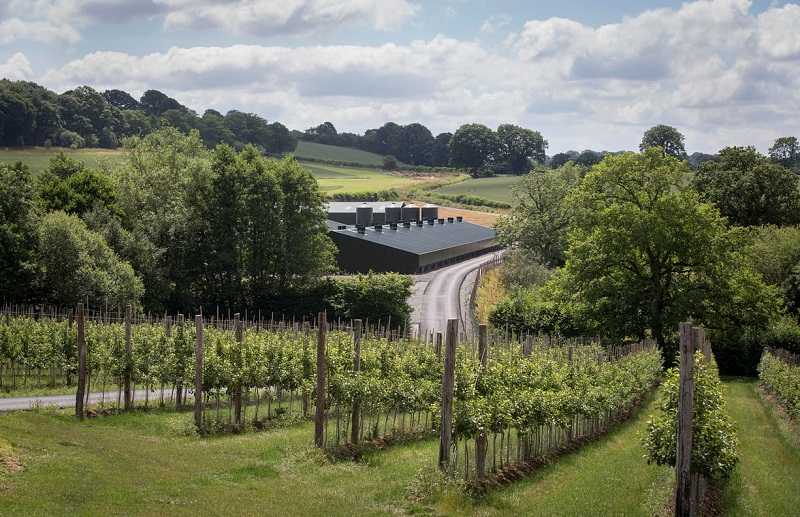‘Close to the sheds, the smell is overpowering’: inside a UK mega farm

In a valley in rural Herefordshire, near the village of Kington, four industrial sheds lie partly covered in trees, with an apple orchard on the approach. From the top of the hill there is no odour, but nearer to the sheds – 100m long by 20m wide, with 42,000 chickens in each – the sweetish, sickly smell is overpowering. The broiler chickens, grown for meat, are stocked at around 17 birds per square metre. Birds are packed as far as the eye can see within the buildings, making it impossible to see the floor. The chickens are trucked in as chicks, with just under a third “thinned” – removed from the sheds – to be slaughtered at just over four weeks old. The rest carry on to just over five weeks, when they weigh about 2.2kg. Eight crops of such chickens are reared each year, making 1.3m annually, with the sheds cleaned between every batch. Richard Williams, the farmer, points to the enrichment that the birds enjoy: windows, so the animals have daylight and fresh air; straw bales they can jump on, with perches, and objects to peck; and the amount of light is carefully modified through the growing stages. “These things mean they can express their natural behaviours. Looking for the highest animal welfare is in my interest.” The conditions are in line with government regulations. Each shed’s environment is carefully controlled so that the farmer can tell how much feed has been eaten, how much water consumed, the temperature, humidity and CO2 levels. Staff have a “poultry passport”, proving they are trained in how to look after the birds. A great deal of effort is spent in ensuring they are kept in optimum health: no antibiotic has been used since the site was set up two years ago, and the birds are given a product to improve their gut flora. “Like Yakult [for humans] it lets the good bacteria grow and stops the bad bacteria,” says Williams.

